
About the programme
| Lenght of studies | 1.5 years / 2.5 years part-time | Language | English |
| Scope of studies | 90 ECTS credits | Tuition fee per year | 6000€ |
| Qualification awarded | Master in Mathematical Sciences | Start of studies | 01 September |
| Application period | 1 November – 1 May* / 1 July** | Application deadline | 1 May * / 1 July** |
* For applicants from non-EU/EFTA countries
** For applicants who do not need a Lithuanian visa and non-EU/EFTA applicants, if there is a Lithuanian embassy in their home country
The aim of the programme is to educate internationally recognized professionals in Data Science. They expertly utilize the up-to-date knowledge of Statistics, Econometrics, and Data analysis to develop advanced mathematical (statistical) models for private and public institutions for planning, management, forecasting, and evaluating their activities.
Why this programme?
- The only study programme in the Baltics includes advanced courses in econometrics, informatics, and mathematical statistics.
- The programme is interdisciplinary, combining data analysis, informatics, and mathematical statistics.
- Depending on the student's choice, it is possible to choose subjects from statistics, informatics, or econometrics.
- Data analysis is versatile, and one will get the opportunity to work in various fields. No more boring tasks, a computer can do it for you. But you will control the process, understand and create new methodologies, present results for the clients and colleagues.
What's after?
The analytical modeling, planning, and forecasting work opportunities at various levels are open for Masters in Data Science in research centers; financial institutions in the private sector (e.g., pension funds, stock exchanges, insurance companies, commercial banks, Hi-Tech start-ups); consulting firms; the analysis and planning units of business enterprises; central banks, ministries, and other public sector institutions.
Student testimonials
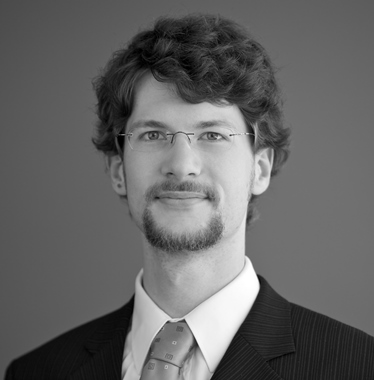 Daumantas Bloznelis, graduate from Lithuania
Daumantas Bloznelis, graduate from Lithuania
"I chose to pursue a Master’s in Mathematical Sciences since econometricians are highly valued and in great demand in today’s data-rich world. The study program was intensive and challenging, yet highly rewarding. It provided me with a solid fundament in statistical modelling and forecasting of economic and financial data. After graduation I easily got a job in an investment bank, then earned a PhD in Economics in Norway. If you are up for a challenge, a career in econometrics promises a bright future."
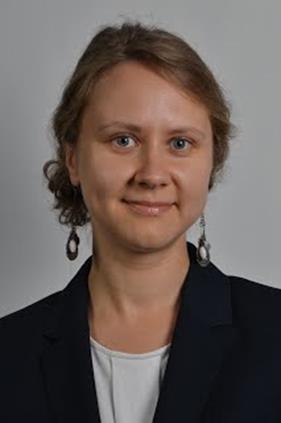 Irena Mikolajun, graduate from Lithuania
Irena Mikolajun, graduate from Lithuania
"Being interesting, stimulating and, not least, demanding, the studies form an excellent foundation for a future carrier as an Econometrician/Economist. During my studies I spent one year as a visiting student at Padua University, Italy with an Italian government grant. Further, after completing my studies, I entered the PhD in Economics program at Tinbergen Institute Rotterdam, The Netherlands. My educational background gave me a possibility to intern in institutions like Bank of Lithuania and European Central Bank. Taking all my experience together I would certainly recommend the programme as a departure point for an interesting and rewarding carrier."
Admission
- At least first level studies leading with a bachelor diploma are required.
- English language proficiency - the level not lower than B2 (following the Common Framework of Reference for Language approved by the Council of Europe).
- Assessment of motivation is held by electronic means remotely.
- Basic knowledge of Calculus, Matrix Algebra, Probability Theory, Statistics and Informatics (R, Python or similar program) are required and can be checked during interview.
- Foreigners from non-EU/EFTA countries are required to pass the OMPT-E exam with a score of at least 70%. The Admissions Committee evaluates the qualifications of applicants and invites them to a motivational interview only after receiving the OMPT-E exam results (with a score above 70%).
In addition, all applicants have to fulfill general admission requirements.
Programme structure
The programme has the following structure for full-time studies*:
| Course unit title | ECTS credits |
| SEMESTER 1 |
30.0 |
| Compulsory courses | 20.0 |
| Multivariate Statistics | 5.0 |
| Parametric and Nonparametric Statistics | 5.0 |
| Data Mining | 5.0 |
| Natural Language and Speech Processing | 5.0 |
| Optional courses** | 10.0 |
| Panel Data Econometrics | 5.0 |
| Bayesian Methods | 5.0 |
| Modern Mathematical Economics | 5.0 |
| Microeconomic Analysis | 5.0 |
| Digital Image Processing | 5.0 |
| SEMESTER 2 | 30.0 |
| Compulsory courses | 20.0 |
| Functional Data Analysis | 10.0 |
| Big Data Analysis | 10.0 |
| Optional courses** | 10.0 |
| Game Theory | 5.0 |
| Multivariate Time Series and Financial Econometrics | 5.0 |
| Sample Surveys | 5.0 |
| Deep Learning Methods | 5.0 |
| Multidimensional Data Visualization | 5.0 |
| SEMESTER 3 | 30.0 |
| Compulsory courses | 30.0 |
| Master's Thesis Seminar | 5.0 |
| Master Thesis | 25.0 |
*Please contact us by e-mail to learn more about the study plan of part-time studies.
**The supply of elective course might vary depending availability.
Contacts
Do you have any questions? Contact:
- Email:
This email address is being protected from spambots. You need JavaScript enabled to view it. - Phone: +370 5 219 5027
Study Programme Committee
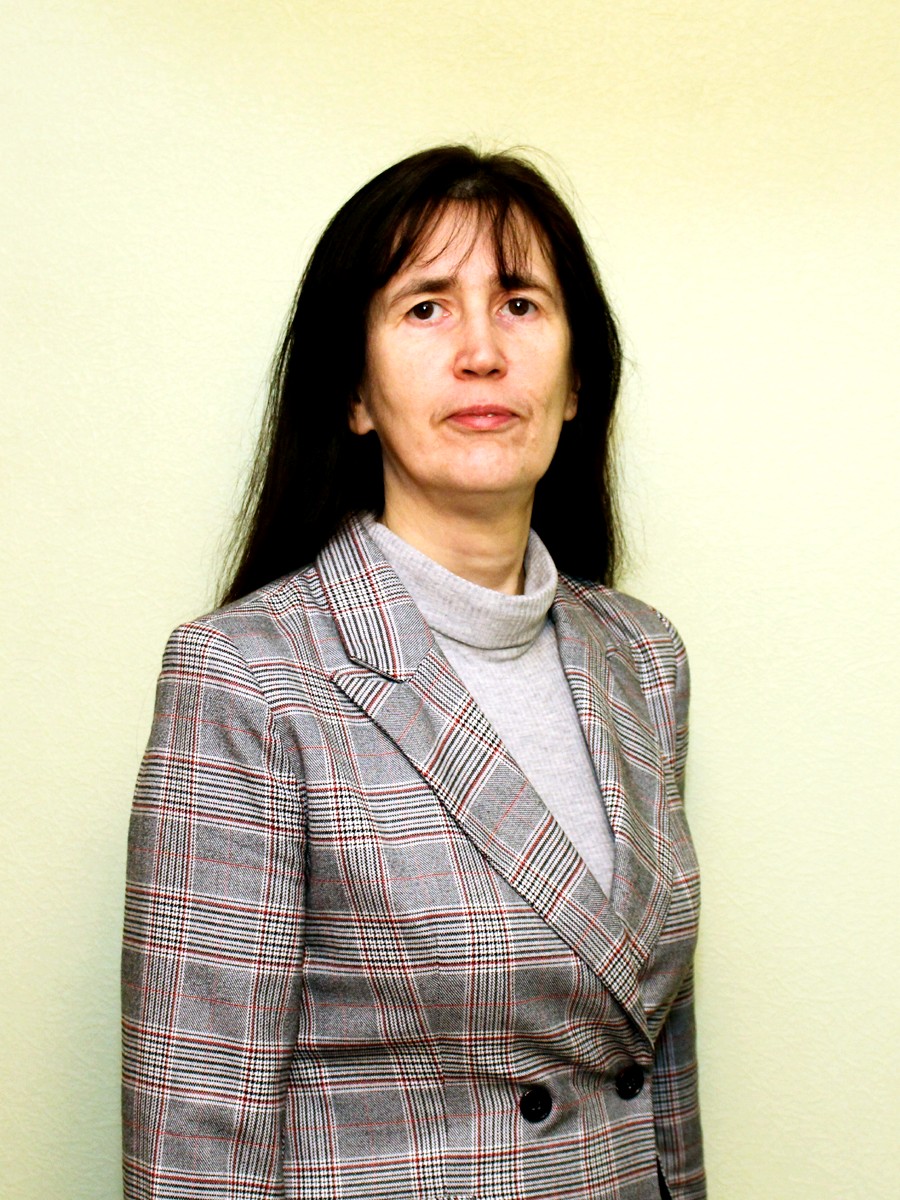
Head of the Study Programme Committee - Assoc. Prof. Dr. Rūta Levulienė
- Dr. Jolita Bernatavičienė,
- Assist. Dr. Andrius Buteikis,
- Prof. Habil. Dr. Vydas Čekanavičius,
- Assoc. Prof. Dr. Jurgita Markevičiūtė,
- Assist. Dr. Saulius Jokubaitis,
- Assist. Dr. Tomas Plankis,
- Assoc. Prof. Dr. Viktor Skorniakov,
- Prof. Dr. Deimantė Vasiliauskaitė (Vilnius University Business School),
- Ramunė Šabanienė, Social Partner "Telia",
- Ugnė Kniukštaitė, students' representative,
- Urtė Gedvilaitė, students' representative,
- Elena Sutkutė, students' representative.
Ask a student
Ask a master student!
 |
Austėja Petrokaitė | I course | |
|
Because the undergraduate studies in Econometrics were interesting and rewarding, I wanted to continue learning new things that I could apply in my professional career. Therefore, I chose the study program of Modeling and Data Analysis, branch of Econometrics (now - Data Science). Master’s studies are also a kind of personal challenge. The challenge is also to learn to combine work, study, and personal life, develop the skill and habit of continuous improvement and do so in a way that makes learning effective and rewarding. |
|||
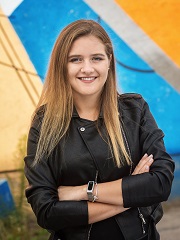 |
Laura Jankovskytė |
I course | |
|
|
|||
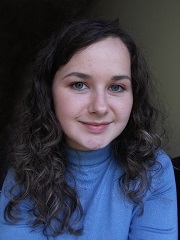 |
Agnė Kavaliauskaitė |
I course |
|
|
After graduating, I started working in data analytics and was looking to deepen my knowledge. The Master in Modeling and Data Analysis (now Data Science) meets all my expectations - interesting lectures, group projects, and practical assignments. I also like the opportunity to study part-time. This is very useful in combining studies with work. |
|||
I graduated from the bachelor of econometrics programme, and I have learned a lot during my four years of study, both in professional knowledge and life experience from VU MIF as a community. Therefore, to delve even deeper into the world of data and shape my career in this field, I decided to continue my studies and study the Modelling and Data Analytics programme (Data Science). I knew that at VU MIF, I would receive quality knowledge from lecturers who are professionals in their field and who strive to transfer that knowledge to students in a clear and focused way. I also knew that I would always get help from the faculty and the university community whenever I needed it.